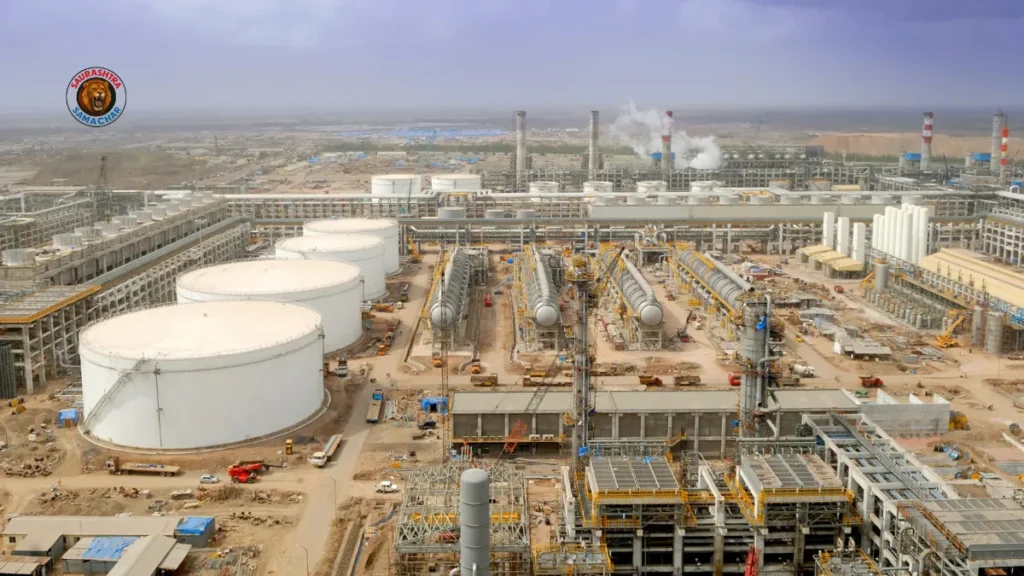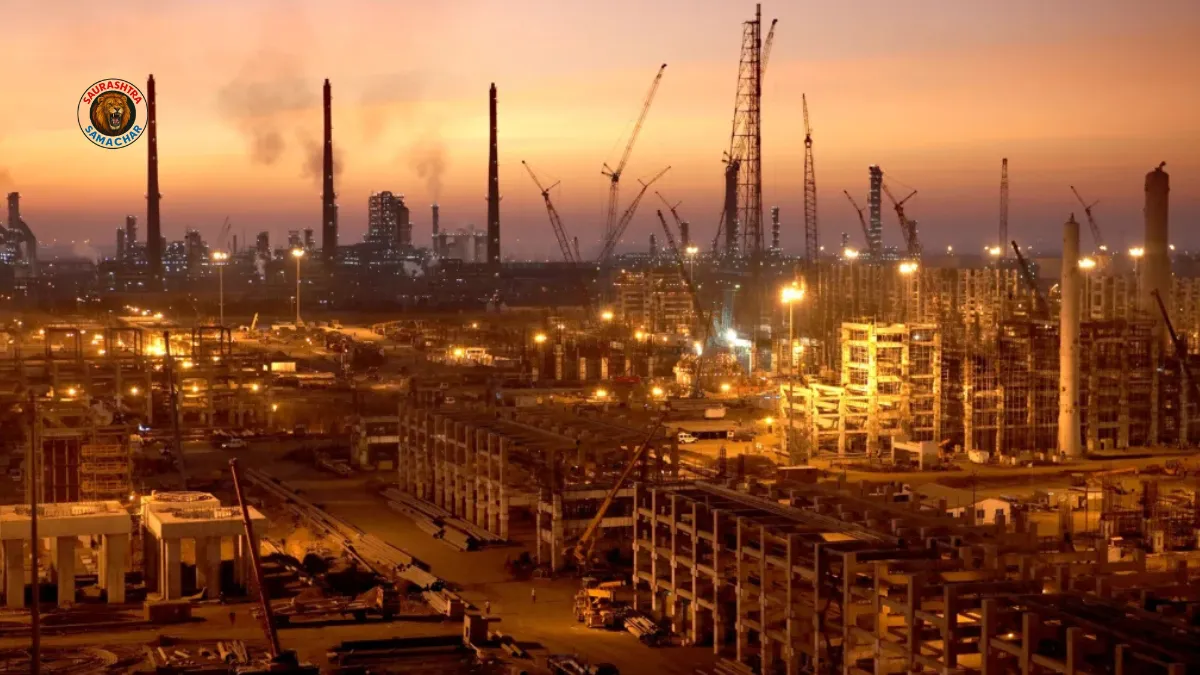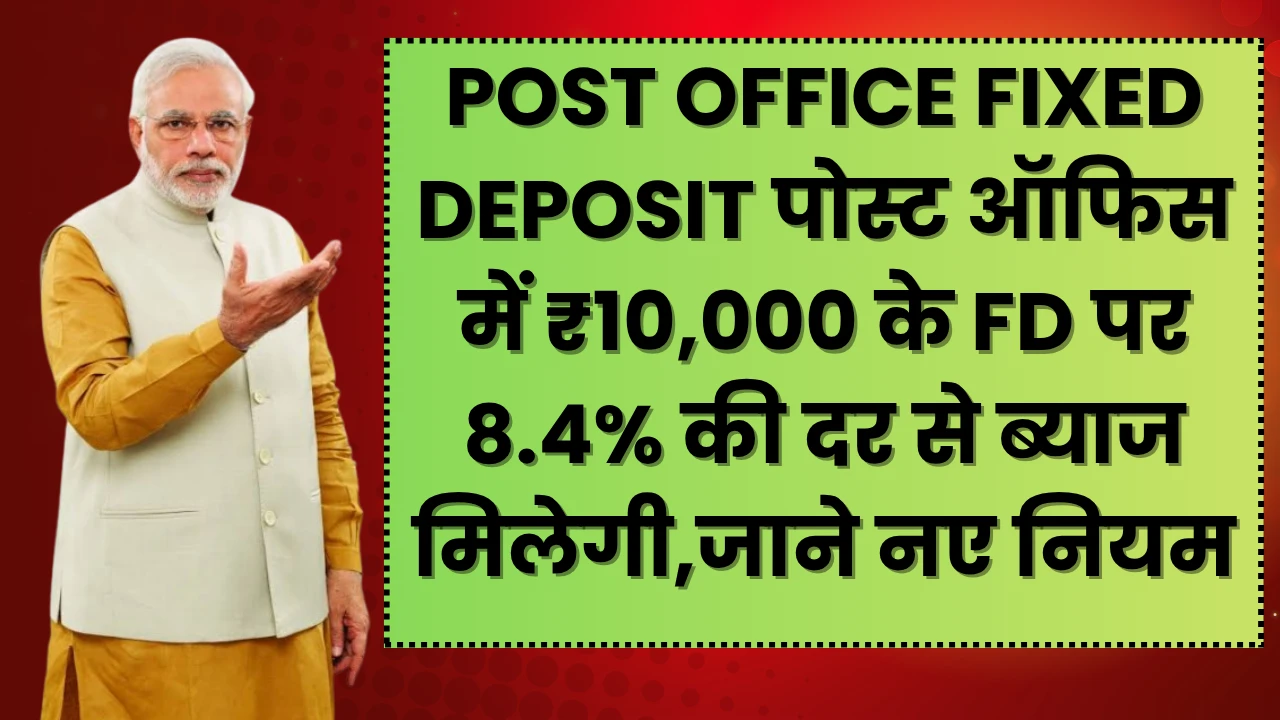Jamnagar-A recent statement by Pakistan Army Chief General Asim Munir has sparked major controversy and concern across India’s strategic, business, and security circles. In an address where he also alluded to possible nuclear action against India, Munir reportedly hinted at targeting Reliance Industries Limited’s Jamnagar refinery in Gujarat-the world’s largest single-site oil refining complex-in the event of any future military confrontation with New Delhi.
This is believed to be the first time Pakistan’s top military leadership has openly indicated an intent to strike at India’s key economic infrastructure, particularly vital energy facilities. The remarks, though made at an event abroad, have sent ripples through both the political and industrial sectors, prompting renewed discussions about India’s security preparedness for such threats.

A Speech That Sparked Global Attention
According to reports, General Asim Munir made these comments during a formal gathering in Tampa, Florida. Attendees claim that the army chief referred to a controversial social media post which featured a Quranic verse alongside a photograph of Reliance Industries chairman Mukesh Ambani. Munir allegedly admitted to authorizing this post during a previous India-Pakistan conflict to signal Pakistan’s next possible moves.
The verse cited was from Surah Al-Fil (The Elephant) — the 105th chapter of the Quran — which is often interpreted as describing an aerial attack. In Islamic history, this verse references the destruction of an invading army through divine intervention, which some observers interpreted as a symbolic connection to modern aerial warfare.
By pairing the verse with Ambani’s photo, the message implied that Pakistan could view India’s most prominent business figure and his industrial empire as symbolic targets. Given Ambani’s status as India’s richest man, with a fortune exceeding $115 billion and business interests spanning oil, telecommunications, and retail, the suggestion was far from subtle.
Why the Jamnagar Refinery Stands Out
The Jamnagar refinery is not just any industrial site — it is the crown jewel of India’s oil and gas sector. Located in Gujarat, this massive facility processes around 33 million tonnes of crude oil every year, accounting for roughly 12% of India’s total refining capacity.
Operated by Reliance Industries, the complex is actually a twin refinery setup, including both the original facility commissioned in 1999 and an expanded special economic zone (SEZ) refinery that began operations in 2008. Together, they make up the world’s largest single-location refining hub.
Key facts about the Jamnagar complex include:
- Strategic Energy Role: It refines crude oil from multiple global sources and produces a wide range of fuels, including petrol, diesel, jet fuel, and petrochemicals.
- Export Powerhouse: A large portion of its output is exported to international markets, making it a vital source of foreign exchange earnings for India.
- Employment Impact: Thousands of direct and indirect jobs depend on its smooth functioning, both in Gujarat and across the supply chain.
Because of its scale, output, and global connectivity, the refinery is considered a critical national asset. Any disruption, whether due to military action or terrorism, could have a serious impact on India’s economy, energy security, and international trade.
Previous Security Warnings
India’s intelligence agencies have long been aware of the strategic vulnerability of high-value infrastructure like the Jamnagar refinery. Past reports have suggested that Pakistan-based terror groups might view such facilities as potential targets to disrupt India’s economy.
While the refinery is located hundreds of kilometers from the Pakistan border, advancements in missile technology, drones, and precision-guided weaponry mean that even distant facilities can be at risk during a military confrontation. The growing use of long-range armed drones in conflicts around the world has only heightened such concerns.
Following past tensions — particularly after the 2016 Uri attack and the 2019 Pulwama bombing — India ramped up surveillance and security protocols for vital installations. This includes coordination between the Indian Air Force, Coast Guard, and local security forces to monitor and protect energy infrastructure in Gujarat’s coastal areas.
A Symbolic and Strategic Target
By mentioning Mukesh Ambani and the Jamnagar facility specifically, General Munir may have been sending both a symbolic and a strategic message. Symbolically, targeting one of India’s most prominent business empires signals an intent to hurt the nation’s economic pride. Strategically, damaging a refinery of Jamnagar’s scale would have ripple effects across fuel supplies, exports, and industrial operations.
In the world of military strategy, such threats often fall under the category of economic warfare — the use of economic disruption to weaken an opponent’s ability to fight. Disabling energy infrastructure can slow down supply chains, raise domestic fuel prices, and create uncertainty in global markets — all of which could pressure a nation during conflict.
Political and Diplomatic Fallout
The alleged remarks have naturally attracted sharp criticism from Indian security experts, diplomats, and business leaders. Many see the statement as reckless, especially when coming from the head of a nuclear-armed military.
Indian political analysts argue that such open threats undermine regional stability and make diplomatic engagement even more difficult. Others believe this may be an attempt by Pakistan’s leadership to rally domestic support by presenting a tough stance against India.
Internationally, such comments can also affect Pakistan’s image. Global investors and diplomatic partners often view public threats to civilian infrastructure as destabilizing behavior, potentially affecting trade relations and foreign aid considerations.
Jamnagar’s Role in India’s Energy Security
India’s reliance on imported crude oil makes its refineries particularly important to national security. The Jamnagar complex is a central part of this system — not only because of its size but because of its ability to handle diverse crude types and produce a wide range of high-value products.
In addition to supplying domestic fuel needs, Jamnagar exports to over 100 countries, including the United States, Europe, and Africa. This makes it both a domestic lifeline and a global energy supplier. Any prolonged disruption could:
- Increase fuel prices domestically by reducing supply.
- Impact export revenues, affecting India’s trade balance.
- Disrupt international energy supply chains, creating diplomatic tensions.
The Security Measures in Place
While the exact security arrangements for Jamnagar are classified, experts suggest that a combination of physical barriers, surveillance technology, and coordination with armed forces protects the site. Coastal radar systems, patrol vessels, and air defense assets in Gujarat are believed to be part of this protective network.
Additionally, private security teams employed by Reliance Industries monitor the vast refinery complex around the clock, working in tandem with local police and paramilitary units. Emergency response drills and safety protocols are routinely conducted to ensure preparedness against both accidents and deliberate attacks.
Public Reaction and Media Coverage
News of General Munir’s comments quickly went viral in Indian media, with television debates and editorials condemning the rhetoric. Social media platforms lit up with discussions, with many Indians expressing pride in the Jamnagar refinery’s achievements while calling for stronger defense measures.
In Pakistan, reactions were mixed. While some hardline commentators supported the army chief’s tough words, others warned that threatening civilian and economic targets could backfire diplomatically and militarily.
Also read: Controversy over elephants in Nandini Math: क्या महादेवी हाथी वंतारा जाएगी या मठ में ही रहेगी?
Looking Ahead: India’s Response
So far, the Indian government has not issued a formal public response to the reported remarks. However, sources indicate that security agencies are reviewing the threat in light of evolving regional tensions.
Defense analysts believe India may use this as an opportunity to further strengthen protection for economic assets, not only in Gujarat but across the country. This includes exploring advanced missile defense systems, counter-drone technologies, and improved cyber protection for industrial control systems.
Also read: हरियाणा में बनेगी World’s Largest Jungle Safari: 10,000 एकड़ में होगा वन्यजीवों का नया संसार
Conclusion
The controversy over Pakistan Army Chief Asim Munir’s alleged threat to target Jamnagar refinery underscores the growing intersection between economic infrastructure and national security in South Asia. As one of the most valuable industrial assets in India, Jamnagar symbolizes both the nation’s economic rise and its strategic vulnerabilities.
Whether or not the threat materializes, it highlights a critical reality: in modern warfare, economic assets are as much on the frontlines as military bases. For India, ensuring the protection of such assets will remain a top priority-not just for security, but for safeguarding the economic lifelines that keep the country moving.














